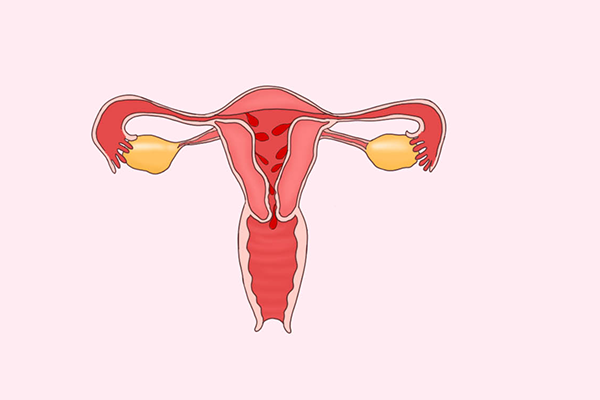How much does endometrial polyp surgery cost?
Generally, the reference price for endometrial polypectomy ranges from 3,000 to 15,000 yuan. The surgical procedure usually takes 1-2 hours, and postoperative recovery requires 2-4 weeks. The specific cost is influenced by various factors including surgical method, number and size of polyps, preoperative examination items, type of anesthesia, and regional price differences. This procedure should be performed at a qualified hospital. Detailed analysis is as follows:
1. Surgical Method
Traditional curettage is relatively simple and has a reference price of 3,000-6,000 yuan. Hysteroscopic polypectomy allows precise localization of the polyps, minimizing damage to the uterine cavity, with a reference price of 8,000-15,000 yuan.
2. Number and Size of Polyps
A single polyp less than 1 cm in diameter involves low surgical complexity, with a reference price of 3,000-7,000 yuan. If there are more than three polyps or a polyp larger than 2 cm in diameter, the surgical time required is longer, with a reference price of 8,000-15,000 yuan.

3. Preoperative Examination Items
Basic examinations to screen for general health issues have a reference price of 3,000-5,000 yuan. Comprehensive assessments including tumor marker tests and electrocardiogram (ECG) have a reference price of 6,000-12,000 yuan.
4. Type of Anesthesia
Local anesthesia affects only the cervix and uterine cavity, with a reference price of 3,000-6,000 yuan. General anesthesia ensures a pain-free procedure for the patient, with a reference price of 8,000-15,000 yuan.
5. Regional Price Differences
In first-tier cities and economically developed areas, where medical equipment costs and labor expenses are high, the reference price ranges from 10,000 to 15,000 yuan. In second- and third-tier cities, where prices are relatively lower, the reference price ranges from 3,000 to 8,000 yuan.
In daily life, after surgery, it is important to maintain external genital hygiene, avoid sexual intercourse and tub bathing for one month, follow a light and easily digestible diet, avoid strenuous exercise, take antibiotics as prescribed by the physician to prevent infection, and attend regular follow-up appointments for ultrasound examinations to assess uterine recovery.




